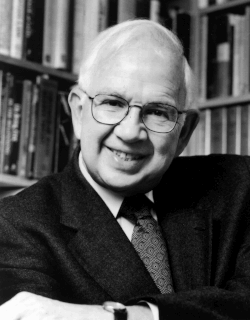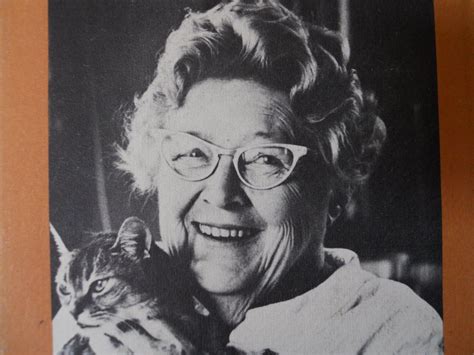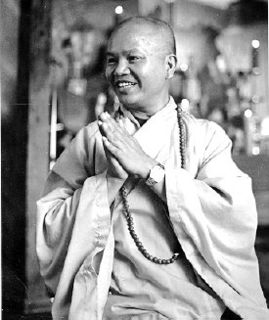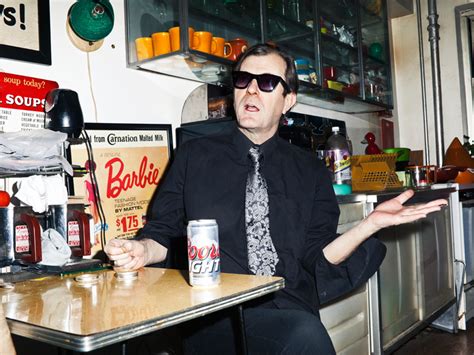A Quote by Harold Kushner
Caring about others, running the risk of feeling, and leaving an impact on people, brings happiness.
Related Quotes
In our concern for others, we worry less about ourselves. When we worry less about ourselves an experience of our own suffering is less intense. What does this tell us? Firstly, because our every action has a universal dimension, a potential impact on others' happiness, ethics are necessary as a means to ensure that we do not harm others. Secondly, it tells us that genuine happiness consists in those spiritual qualities of love, compassion, patience, tolerance and forgiveness and so on. For it is these which provide both for our happiness and others' happiness.
Remember one thing: the one who brings unhappiness to others in the end becomes unhappy himself, and the one who brings happiness to others in the end reaches to the heights of happiness. That's why I am saying that someone who tries to give happiness develops the center of happiness inside himself, and someone who tries to bring unhappiness to others develops the center of unhappiness inside himself.
Happiness of heart can never be measured out and bundled up, it's intangible. We keep running after it, grasping for it, and the heat of our running so seldom brings it closer. But now and then there may be a moment. We look at something and know it is good and beautiful. Those moments are happiness.
I wanted to talk about certain things in a way that I hadn't seen them talked about. There is vast literature about caring for people romantically, about caring for children, but there's not a lot about caring for older people, eldercare. I was searching for a book that would speak to me, that wouldn't be sociological, that would offer some insight, some solace.
Empathy - that is, caring about people and acting responsibly on that care, not just for yourself, but for others - this is something that Barack Obama understands very well. He was a professor of constitutional law at the University of Chicago for ten years. As an expert on the Constitution and on our family values, he understands very well that the country is fundamentally about caring for one another. The day after his speech, he was interviewed on CNN, and Anderson Cooper asked him what patriotism was. He said patriotism begins with caring for one another.




































